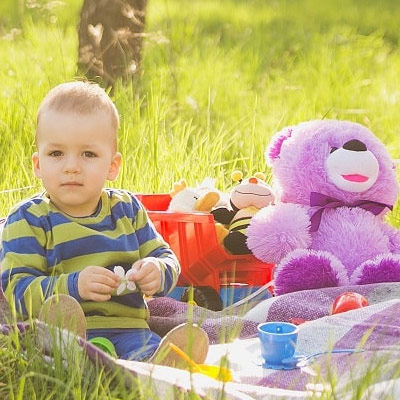 Communication is a critical aspect of all relationships, whether they be work, romantic, or family. This remains true in the case of the parent-child relationship, especially with teenagers. As a teenager, you are reaching a point in your life in which you expect to be given the same respect that is expected of you in a relationship, even with parents. I’m not necessarily saying that I want my parents to treat me as an equal or a peer, obviously this wouldn’t and shouldn’t happen. Still, if you expect me to communicate with you, reciprocation is expected.
Communication is a critical aspect of all relationships, whether they be work, romantic, or family. This remains true in the case of the parent-child relationship, especially with teenagers. As a teenager, you are reaching a point in your life in which you expect to be given the same respect that is expected of you in a relationship, even with parents. I’m not necessarily saying that I want my parents to treat me as an equal or a peer, obviously this wouldn’t and shouldn’t happen. Still, if you expect me to communicate with you, reciprocation is expected.
Consider the case of parents who are traveling. Obviously, if the children live with the parents, the children have to be told or it is downright negligence. On the other hand, what if the parents don’t have primary custody? I think it should be expected that the children be notified anyway, out of courtesy and because it makes you look like you were trying to hide it. Also, it can damage the relationship.
If communication is not reciprocal in a parent-child relationship, it can have some unfortunate side-effects.
- As a child, I would feel less obligated to communicate with the parent. If they expect me to tell them certain things, then I want some communication in return. Otherwise, there’s really less of a reason for me to communicate.
- It is common courtesy to let people know certain things. If it feels like common courtesy to tell someone something and there is no major reason not to, then why shouldn’t you tell them? It’s simply courtesy.
- There’s almost a loss of respect. I don’t want to phrase it quite like that, but I’m not sure how to. I think it’s the closest word to describe how it feels. You just don’t feel that they have enough respect for you to tell you, so you start to feel a little less respect in return.
- Finally, it frustrates you. The three reasons above can lead to frustration and even anger.
Obviously, there are scenarios in which communication should be avoided, such as white lies and whatnot. If a little white lie is the correct solution, go ahead with it, but be careful. You don’t want to use a little white lie and incidentally let the truth slip. This leaves you in the same scenario as not communicating at all, including all the ill-effects. This should especially be avoided with larger, more important things.
Communication is critical in all relationships, including parent-child, so make sure it is reciprocal!










